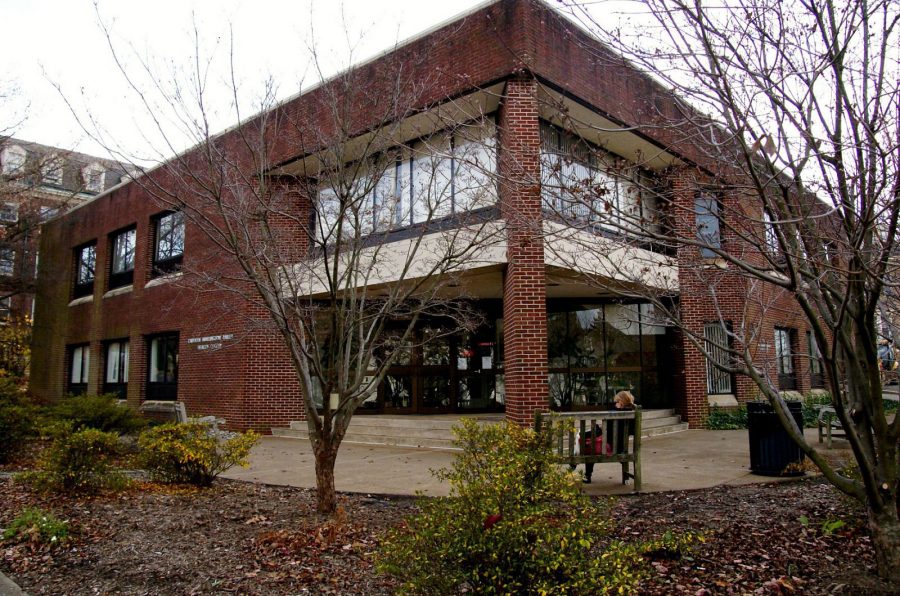The number of students seeking assistance from school counselors has spiked this past year both at Lafayette and at colleges across the nation. In the past three months alone, nearly 50 percent more Lafayette students sought out counseling or consultation than over the same time period last year.
Director of Counseling Services Dr. Karen Forbes noted that the increase has been consistent for every month of this year, and that students most commonly seek services because they “are feeling anxious, depressed, and/or concerned about their relationships with others.”
This increase is a national trend. According to a recent article in The Chronicle of Higher Education, colleges and universities across the country are experiencing an increase in demand for counseling services, leading to more hires and new counseling programs. There’s been a roughly 30 percent increase in students seeking counseling services in the last six years, according to the Center for Collegiate Mental Health.
Lafayette’s counseling center has been working to provide more services to meet students’ needs due to the influx in demand. The first three months of last year saw 208 visits to counseling services in Bailey Health Center. This year saw 298.
“We have responded to the increased demand by increasing the number of counseling groups from four to eight and bringing in a part-time counselor for one day per week,” Forbes wrote in an email. But she also added that the average wait time for a scheduled appointment has increased nonetheless.
“The average number of days students wait for a regularly scheduled first appointment is currently 5.3 days (including weekends) compared to 3.5 last year,” she wrote. “[The counseling center has] four, 30 minute periods set aside each day for students who feel their concerns are urgent and we respond to emergencies immediately.”
Dean of Students Paul McLoughlin II could not pinpoint a specific event or moment which set off the increase.
“I would just say in general from the start of the school year until now, we have seen an increase in the number of students who have requested counseling,” he said.
He noted that the stream of students seeking consultation and counseling has been “consistently high regardless of issue or person.”
While the results of the presidential election have ignited emotions in students on campus, Forbes wrote she has “no evidence to suggest that’s a major factor in the overall increase in demand.”
“[The increase] started several years ago, probably around 2012-13,” she wrote.“[But] many students have definitely been affected by the tone and rhetoric of the election and their perceptions of what the outcome means for them and the country.”
Forbes wrote that the rising demand could possibly be due to increased awareness about mental health and better encouragement for students to get the help they need. This explanation originated in a 2015 report by the Center for Collegiate Mental Health (CCMH).
McLoughlin said the college is looking into the possibility of hiring a company to provide supplemental teletherapy for students.
William Gordon ’17 contributed reporting.

























































































































